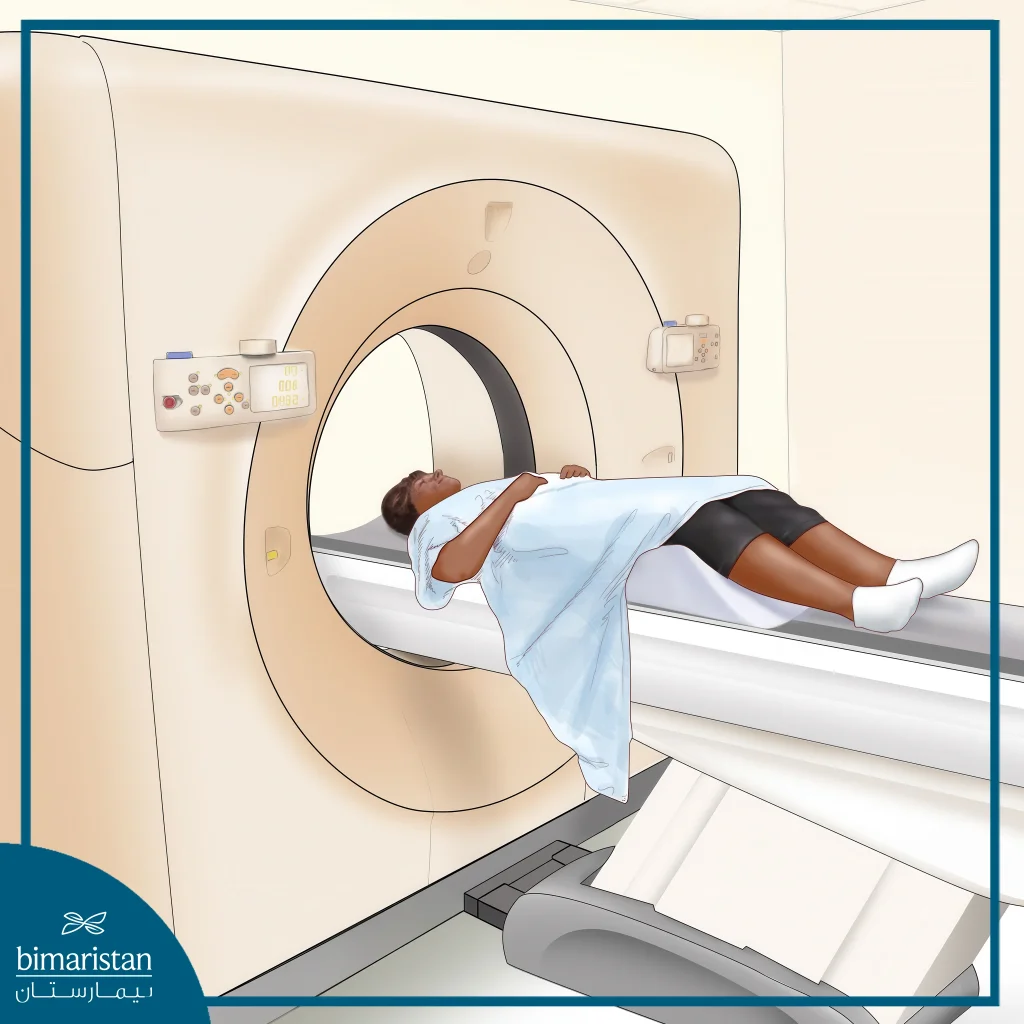Looking for new hope in the face of laryngeal cancer? Laryngeal cancer stem cells therapy is an innovative option that can change your life. You can regain your voice and improve your quality of life with fewer side effects than traditional treatments. Get ready to change your life with laryngeal cancer stem cells therapy.
What is laryngeal cancer?
Laryngeal cancer is a type of cancer that develops in the tissues inside the larynx, the organ responsible for producing sound and breathing, and is part of a larger group of cancers called head and neck cancers. Laryngeal cancer can affect any part of the larynx, and types of laryngeal cancer include:
- Upper larynx
- Middle larynx
- Lower larynx
Common symptoms of laryngeal cancer include hoarseness, difficulty swallowing, and a persistent cough. Smoking and alcohol consumption are also significant factors that increase the risk of developing this disease. Laryngeal cancer is typically diagnosed through medical tests and imaging procedures.
Conventional approaches for treating laryngeal cancer
Conventional methods of treating laryngeal cancer vary, and each has potentially serious and life-threatening side effects, making stem cell therapy for laryngeal cancer more effective for patients seeking to minimize these effects. Conventional treatments include:
- Surgery: It can be effective, but it can lead to loss of voice, so treating laryngeal cancer with stem cells is a great alternative to preserve laryngeal function.
- Radiation therapy: Radiation therapy is used to destroy cancer cells, but can cause a lot of side effects such as fatigue, hoarseness, difficulty swallowing, dry mouth, and sore throat.
- Chemotherapy: Chemotherapy for laryngeal cancer is done by using drugs to destroy cancer cells or reduce the size of the tumor. It is often used in conjunction with surgery or radiation therapy.

What are stem cells, and how do they work?
Stem cells are unspecialized cells that can turn into different types of cells. Stem cells play a crucial role in the treatment of laryngeal cancer, as they can be used to repair damaged tissues and improve patients’ conditions. Stem cell types are divided into:
- Embryonic Stem Cells
- Adult Stem Cells
- Induced pluripotent stem cells
How laryngeal cancer stem cells therapy works
Stem cells are a key element in the treatment of laryngeal cancer as they work according to the following mechanism:
- Regeneration and repair: Stem cells have the ability to regenerate and differentiate into various types of cells, which helps repair damaged tissues in the larynx.
- Modulate the immune response: Stem cells can modulate the body’s immune response, reducing inflammation and cancer-related symptoms.
- Produce growth factors: Stem cells produce growth factors that help promote healing and stimulate the growth of healthy tissue.
- Replacing diseased cells: Stem cells can replace cancerous or diseased cells, contributing to improved laryngeal function.
- Minimize side effects: Using stem cells may reduce the side effects associated with traditional treatments, such as surgery and radiation therapy.
Current research and studies on the use of stem cells
Research indicates promising advancements in treatment outcomes for patients with laryngeal cancer, opening new frontiers in regenerative medicine. Current studies include:
- Tissue regeneration: Research focuses on how stem cells can be utilized to regenerate damaged tissue in the larynx following radiation therapy or surgery.
- Improved immune response: Studies looking at how stem cells can be used to boost the immune response against cancer cells, helping to reduce the chances of relapse.
- Developing targeted therapies: Research exploring the use of stem cells to develop targeted therapies based on a patient’s individual tumor characteristics.
- Clinical trials: Several clinical trials are being conducted to assess the efficacy and safety of using stem cells to treat laryngeal cancer, while also evaluating long-term outcomes.
- New technologies: Exploring new techniques for isolating and culturing stem cells from patient tissues, enabling better personalization of treatments.
- Applications in personalized medicine: Research aims to understand how stem cells can be utilized in personalized medicine, enabling the development of tailored treatment plans based on a patient’s unique genetic characteristics.
Benefits of laryngeal cancer stem cells therapy
Stem cells offer many benefits in laryngeal cancer stem cells therapy, including:
- Avoid laryngectomy surgery: Stem cells can provide an alternative to undergoing laryngectomies.
- Voice preservation: Stem cell therapies protect the tissues responsible for voice, helping patients maintain their ability to speak.
- Improved recovery: Stem cells accelerate the healing process after treatment, leading to a faster and more effective recovery for the patient.
- Increased survival rate: Research suggests that using stem cells may improve survival rates among patients with laryngeal cancer.
- Minimize side effects: Stem cells may help reduce the side effects associated with conventional treatment, such as chemotherapy and radiation.
- Personalization of treatment: Stem cells from the same patient can be used, which increases the treatment’s effectiveness and reduces the risk of rejection.
Challenges and potential risks of laryngeal cancer stem cells therapy
Despite the significant benefits, there are challenges associated with laryngeal cancer stem cells therapy, including:
- Rejection by the body: The transplanted stem cells may be recognized by the immune system as foreign bodies, triggering an immune reaction that can lead to rejection of the treatment.
- High cost: Stem cell therapies are expensive, making them inaccessible to many patients.
- Health risks: Potential health risks can include infection, bleeding, or complications from the surgical procedures needed to collect stem cells.
- Formation of tumors: There is a risk of new tumors forming as a result of a stem cell transplant, especially if their growth is not properly controlled.
- Complexity in procedures: Collecting and transplanting stem cells requires advanced techniques, which may increase the complexity and associated risks.
Who is laryngeal cancer stem cell therapy suitable for?
Laryngeal cancer stem cell therapy is appropriate for advanced or treatment-resistant cases. Patient selection should be based on several criteria, including:
- Patients who cannot undergo surgery
- Patients wishing to preserve their voice
- Patients who need to optimize recovery
- Patients with side effects of conventional treatments
- People looking for innovative treatment options
Laryngeal cancer stem cells therapy represents a new hope for laryngeal cancer. It offers patients the potential to improve their quality of life and regain their voice while reducing treatment-related side effects. If you are exploring new options, consult specialized doctors to learn more about this therapy and begin your journey toward recovery.
Sources:
- Biomed Central. (2022). Stem cell research (Vol. 13, Article 28)
- Shahid, S., & Ali, M. (2019). Title of the article. Journal Name, Volume(Issue), Page range
